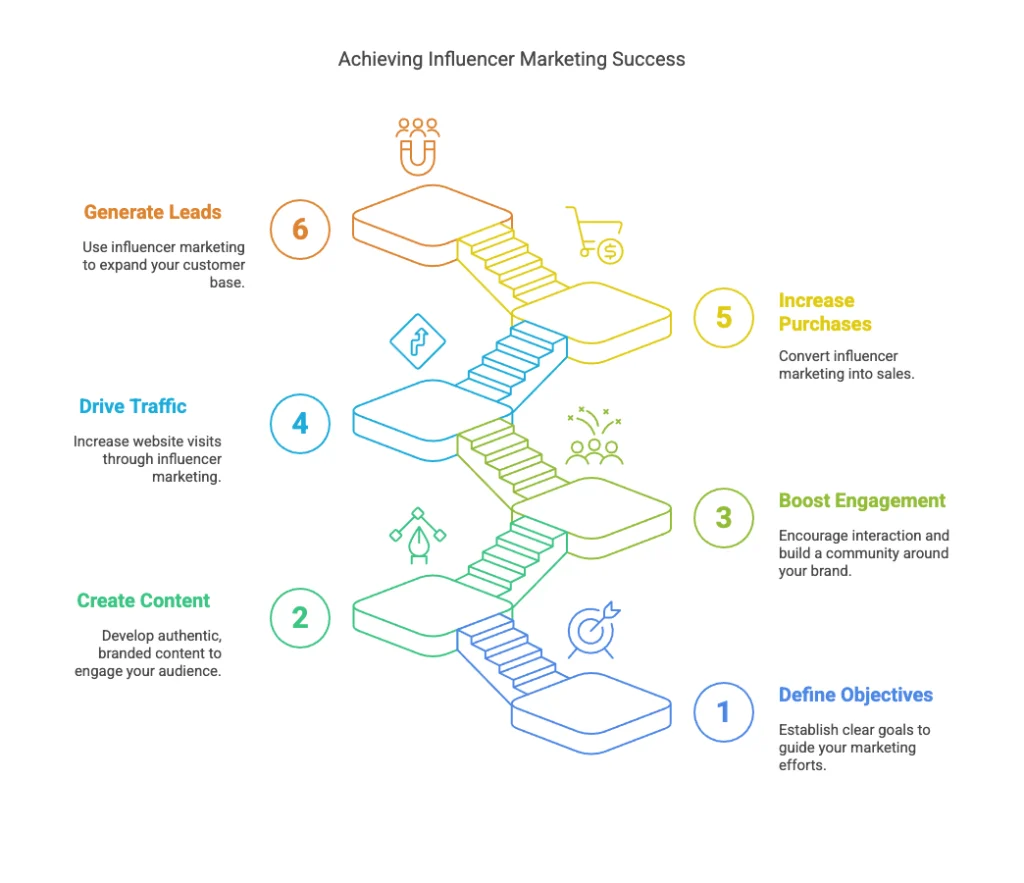A young person wakes up, snaps a few selfies, and spends some time editing before posting one to Instagram. A businesswoman shares her thoughts on a recent merger via Twitter and her comments are quickly picked up by several major media outlets. A gamer engages with hundreds of thousands of people by live-streaming a video game.
These are influencers, and they’re the bread and butter of social media marketing.
You’re no doubt aware of their importance. To have an influencer in your corner is to have a brand advocate with real power and authority. A voice your audience trusts which will lead people directly to your products and services.
Getting them in your corner, though? That’s a whole different matter. Social networks are rife with businesses who only dimly understand the concept of influencer marketing.
They fumble about and send cold opens to anyone they think has a large enough follower count. Blindly email thought leaders without bothering to really engage with their content. They grasp at any influencer that looks their way and ultimately, their efforts meet with failure.
As with most any strategy, success with influencer marketing depends largely on the groundwork. On creating a strong foundation for your efforts. Let’s go over a few things you need to do if you want to start working with influencers in your industry.

Start With Your Objective
First and foremost, what do you want to achieve? A successful influencer marketing program needs to have an overarching goal or set of objectives. Without that core to direct your efforts, you’re rudderless.
Choose one or two of the following, and determine specific metrics by which you’ll determine progress.
- Create authentic, branded content. This could include reviews, social posts, blog posts, and so on. This allows you to both generate cost-effective media and reach demographics that don’t trust traditional advertising – both considerable wins.
- Generate engagement on social media. This is usually a good place to start. Get people talking about your brand, gain followers and fans, and so on.
- Drive traffic to your website. Fairly self-explanatory.
- Drive online purchases. If your brand is product-focused, influencer marketing is a great way to bring in more purchases. When people see someone they trust using a product, they’re far likelier to want that product themselves.
- Generate qualified leads. If you’re running a mailing list or an established customer database, you may want your influencer marketing program to be part of your overall lead generation efforts.
Do Your Homework
Just because someone has a lot of followers doesn’t mean they fit your brand well. A popular streamer on Twitch.tv, for instance, probably isn’t a good choice for the promotion of a B2B cybersecurity tool. For that reason, your second step, after you’ve determined what you want to achieve, is to figure out which influencers will actually use your products.
Whenever you find someone promising, evaluate them based on the following criteria:
- Are they involved in your industry?
- Do they fit into one of your target demographics?
- How engaged are they with your competition?
- How engaged are they with your brand’s existing audience?
- Do they conduct themselves online, and does that mesh with your brand’s established persona?
It’s also important to establish some form of reward structure for your influencers. What perks will you offer them for working with you? What bonuses do they get for promoting your products and services?
Ideally, you want to work with influencers who find your brand organically, of course. But seeded influencers can be just as powerful.
Reach Out
With the groundwork laid, all that’s left is for you to reach out. Start by following them. Like their posts. Build up a relationship, and show them that your brand is active in the same communities as they are.
Don’t just go full-tilt and start sending them business propositions right away. Influencers, especially successful ones, are inundated with those. You need to approach this with a bit more nuance, a bit more subtlety.
Remember, you’re cultivating a relationship here and that comes before anything else.




